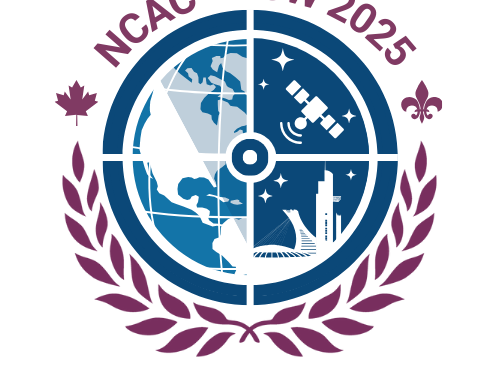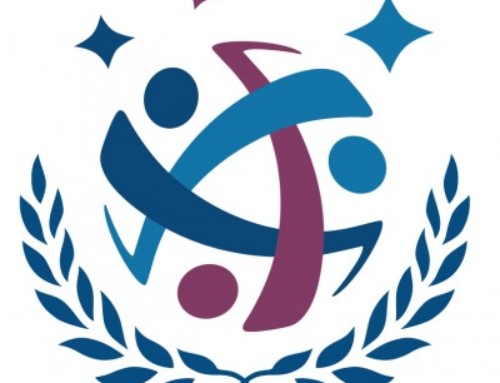SGAC announces the winners of the South American Space Leaders Award for 7th SA-SGW
SGAC is proud to announce the winners of the 2022 South American Space Leaders Award 2022 who will be sponsored to attend the 7th SA-SGW event, held on the 15th of May 2022 in Quito, Ecuador.
This award recognises the achievements made by the winners and their contributions to SGAC and their regional space community. The award will cover round trip travel expenses to attend the event for the four winners. Congratulations to our winners!
Katherinne Herrera-Jordan
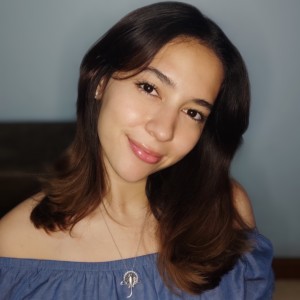
Katherinne Herrera-Jordan is the president and co-founder of the Guatemalan Association of Space Sciences and Engineering (AGICE), generating space-culture in Guatemala. AGICE also mentors and supports high school and college students on space-related projects and investigations.
Katherinne is also co-founder of Verne Technologies, a company that generates technological solutions to problems on science and industry, mainly focused on space. She worked on the development and verification of the first Guatemalan microgravity simulator and presented it on the 72nd International Astronautical Congress in 2021, after being awarded as an Emerging Space Leader.
She also worked on two NASA-funded projects at BioServe Space Technologies: 1) Simulated Micro-, Lunar, and Martian Gravity Microbial Research, and 2) Space Biofilms. She’s also the current Guatemalan National Point of Contact for the Space Generation Advisory Council (SGAC), and works with Orbital Space Technologies (Costa Rica) on the MUSA project.
Katherinne holds a bachelor’s degree on Biochemistry and Microbiology and hopes to continue her studies on plant-microbiome interactions and possible uses to stablish humans in other celestial bodies.
“Being awarded with the SA-SLA is a great honor for me. It represents a great opportunity for networking, to grow professionally and to show the potential for Guatemala in the space industry. Being part of the SGAC team has opened big doors for me and other peers.”
Roberto Adolfo Ubidia Incio
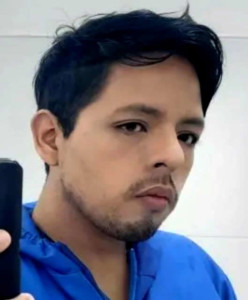
Adolfo Ubidia is a Peruvian biologist who became interested in astrobiology early in his professional career. He has lead organizations focused on space research in Peru and is currently the Executive Director of the Peruvian chapter of The Mars Society where he is leading the IRMA Project. This project will fly aboard the China Space Station by the end of 2022 to study the behaviour of pathogenic bacteria in microgravity. This project has involved students from five Peruvian Universities, and one Colombian University.
As part of SGAC, Adolfo has participated in the organization of three South American Workshops and has been an NPoC from 2017 to 2020. He has also participated in international programs in Space Studies offered by UNAM, The Mars Society and ISU. His goal is to establish a solid framework for space research and space activities in Peru using the knowledge acquired in these programs.
“I am grateful with SGAC for this recognition. This strengthens my desire to continue building a space environment in Peru to inspire and help younger generations who seek opportunities to grow in this sector but sometimes lack the resources to travel to far away countries.”
Gabriel Jaimes Illanes
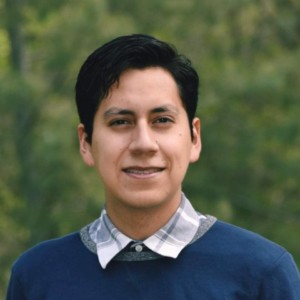
Gabriel Jaimes was born in Cochabamba, Bolivia. He currently works as an associate professor at the Radiocommunications Laboratory (LRC) of the Bolivian Private University (UPB). He completed a Bachelor in Telecommunications Engineering at the Bolivian Catholic University (UCB) and the Master in Space Technology Applications Program from Beijing University of Aeronautics and Astronautics (BUAA). Gabriel was a National Point of Contact (NPoC) for Bolivia, developing team initiatives such as the SG Latin American Webinar Series and the SGAC Bolivia Webinar, in the development of space issues and support for the region. He develops educational initiatives in relation to Astronomy and Space Sciences in management of international support programs, participates as tutor for Bolivian students in the International Olympiad on Astronomy and Astrophysics (IOAA) and works with local foundations for the deployment of STEAM schemes as a leader of the NAEC – OAE/IAU. His future professional work focuses on sustainable projects for research in engineering and the implementation of inclusive educational projects.
” I appreciate the experiences, networking and learning provided by SGAC. I am very honored to receive the SA-SLA and believe this will be a unique and valuable opportunity.”
Maria Fernanda Del Barco
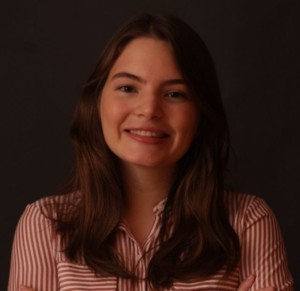
María Fernanda’s background is in mechatronics engineering, she is co-founder and currently works as Chief Systems Engineer at Orbital Space Technologies, a space start-up seeking to provide access to microgravity to Latin America and the world. Their first project is under development and seeks to study the fungus that causes the Panama Disease, which threatens banana plantations worldwide, in a microgravity environment to develop a cure. This project won first place in the ICECubes category in the 6th Mission Idea Contest and a recognition by International Academy of Astronautics (IAA) as the project with the greatest potential for international cooperation.
María Fernanda wants to make space more accessible by creating opportunities for people in developing countries and is passionate about advocating for women rights. Since 2018, she is an active member of TECSpace, the largest aerospace student group in Costa Rica which provides hands-on experience and learning opportunities for students in a country where aerospace engineering does not exist as a career. There, she worked in the development of different projects and created the Gender Equality Commission to execute solid actions against gender bias and increase the participation of women.
She is also co-founder of the global network of Women in Aerospace Costa Rica, where she worked to increase participation, visibility and leadership of women in the emerging aerospace sector. María Fernanda was recently elected as the SGAC’s National Point of Contact for Costa Rica and is co-event manager for the 7th South American Space Generation Workshop.
” I am deeply thankful for this amazing opportunity. I hope to continue to work closely with SGAC’s global community to further the impact it has in Latin America and I look forward to using this experience to understand and strengthen the bonds of emerging countries in the space sector in order to help them gain more access to space.”

